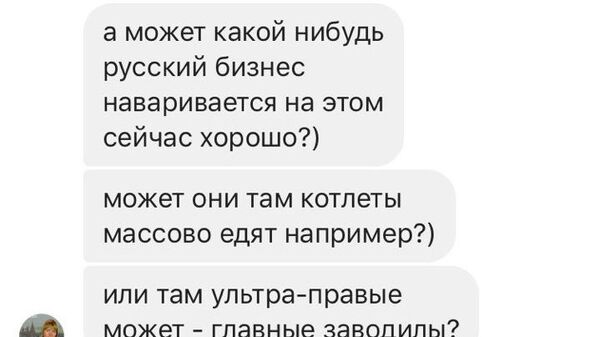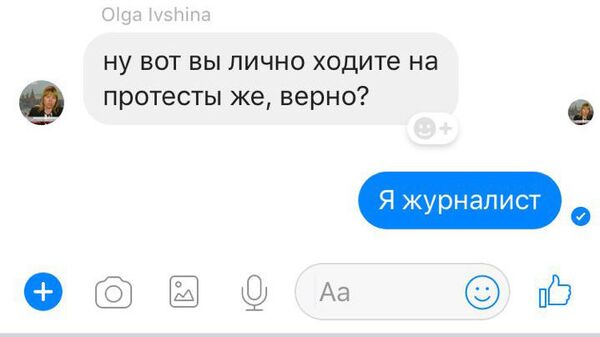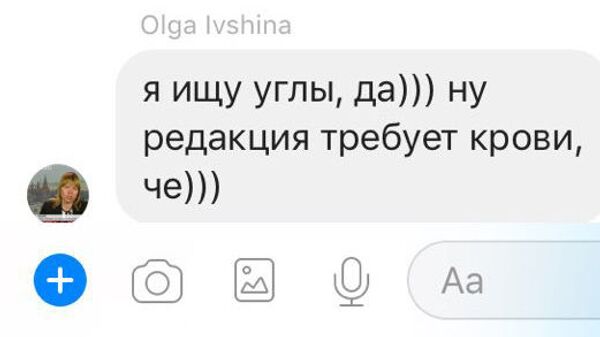
BBC
Looks For Russian Interference In French Protests! Zakharova Hits
Back With OSCE Suit

14
December, 2018
The
correspondence of the journalist of the BBC Russian Service, Olga
Ivshina, in which she asked to find any evidence of “Moscow’s
interference” in the mass protests of the yellow vests in France,
is an example of propaganda in which the Western media are “most
closely” involved. This was announced by the official
representative of the Russian Foreign Ministry, Maria Zakharova, on
Sunday, December 16.
Another act has emerged:
“yellow jackets” are moving into a new stage.
During
the month, the number of protesters in France has decreased several
times.
A
screenshot of the correspondence of Ivshina and another journalist
who covers the demonstrations in Paris, went viral. An employee of
the BBC, in particular, pushed to find out if “some Russian
business” is “boiling” at the protests.
The
editors of the of
the BBC Russian Service
demanded from employees to produce
evidence of “Russian intervention” in the protests of “yellow
vests” in France.



So,
the journalists at BBC tried to push writers to determine that Moscow
has something to do with the protests in the French capital. The
correspondent explained to her that she had not seen a single Russian
at the rallies.
However,
the BBC employee was not satisfied with this answer. “Or maybe some
Russian business is boiling well now?” She asked. The correspondent
just laughed in response.
“What
we have just seen is an example of a classic script writing on an
already knowingly formed plot and with a deliberately known result in
the form of output and which will be issued for some kind of
documentary and reportage journalism,” Zakharova notes.
In
her opinion, in this case the BBC TV company should issue a statement
that it is “not its working methods”, and take measures against
its employees or everyone will simply know that such incidents are
the norm. Zakharova emphasized, “we already know that this is the
norm.”
She
added that the Russian Foreign Ministry will certainly attract the
attention of international structures to this story, for example,
learn the opinion of the Reporters Without Borders nongovernmental
organization. In addition, the agency on Monday, December 17, will
begin to draw up relevant letters to the OSCE.
Mass
protests in France began in mid-November due to the authorities’
intention to raise the price of gasoline and diesel fuel. Protesters
take to the streets in yellow reflective vests, which are an
attribute of French drivers.
On
December 5th, the authorities met the demonstrators and imposed a
six-month moratorium on gasoline and fuel price increases. Five days
later, Macron declared a state of emergency in the country , demanded
that the government and parliament restructure their work and
announced that from 2019 the minimum wage in France would increase by
€ 100.



No comments:
Post a Comment
Note: only a member of this blog may post a comment.